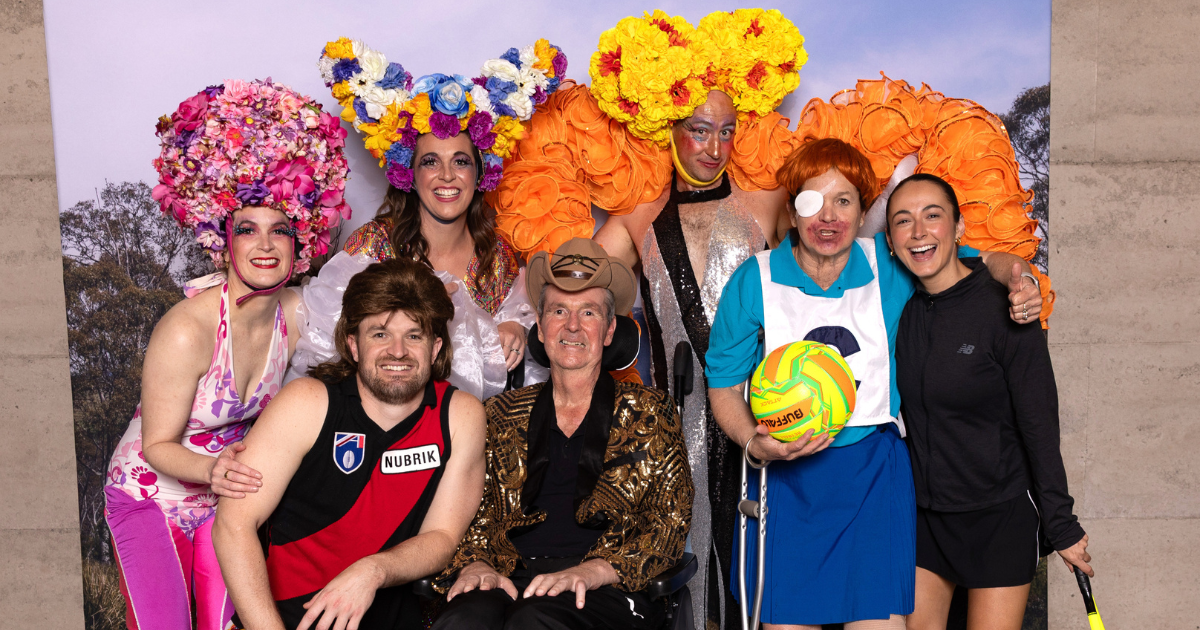VICSES members refresh their crash rescue skills
MEMBERS of the Victoria State Emergency Service (VICSES) have taken part in hands-on training to keep their vital road crash rescue (RCR) skills up to date.
The VICSES South West Region office in Bell Park hosted the refresher workshop last week, which was attended by 25 VICSES members.
VICSES manager of operational improvement Jackson Bell said the idea was to ensure consistency in training between the state’s many VICSES units.
“The theory is you could be in Dartmoor – which is as far south-west as we go – or all the way to Mallacoota or as far up as Mildura, but you’re receiving the same message,” Mr Bell said.
“So irrespective of where they’re located, everyone’s trained to the same standard.
“There’s a lot of new car technology as well as later model European vehicles that offer differences in techniques, as well as the exploration and trialing of battery-operated tools.”

He said people may be familiar with the “jaws of life” being used at a car accident, but that was not the best or only tool used by VICSES in such a situation.
“There’s different ways to do the same outcome,” Mr Bell said.
“We’ve got a lot of tools that we can use.
“It’s really about trying to promote the use of rams, and trying to return the vehicle to its initial state.
“There’s a multitude of ways in which we can extricate someone.”
VICSES responds to between 1,300-1,400 RCRs each year and provides the largest road rescue network in Australia, with 103 accredited RCR provider units across Victoria and 22 rescue support units.
This is one of the highest service delivery ratios for RCR globally, and equates to nearly three quarters (73 per cent) of the VICSES service base across its statewide footprint.
Mr Bell said VICSES was working with Deakin University to develop a VR training package, which would include training on RCRs involving electric vehicles.


















